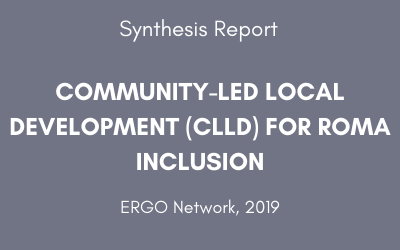Meeting with representatives from NGO Centrum Inkluze within the CLLD
On 6 March Slovo 21 organized a meeting with 3 representatives from the NGO Centrum Inkluze in Suchdol nad Odrou with the aim to share information within the Local Action Group Opavsko. The NGO Centrum Inkluze is based in Budišov nad Budišovkou, where a high number of Roma live. Slovo 21 shared information on grant opportunities such as “Small Leader” within the LAG Opavsko and on other grants focused on education, culture and environment. During the meeting we agreed on future steps to build a Community Centre in Budišov nad Budišovkou, which would be used for educational and cultural programmes not only for Roma but also for the majority. Our next steps include cooperation with Roma women from this locality led by one of the representative.
Cooperation in Náchod
Slovo 21 works closely with NGO Roma Community Centre Náchod. For many years our Roma women’s group Manushe together with representatives from the NGO Roma Community Centre implement activities within the project “Jileha”. Now we are focusing on empowering Roma girls with the aim to reduce early pregnancy and, as a consequence of this, early school dropout. We now made contact with the Local Action Group Stolové Hory, of which Nachod is a part. Through this contact we will cooperate with the Roma Community Centre in the field of education.
On 3 March we met with the Member of Parliament and mayor of Náchod city. We agreed on long term cooperation and solved issues concerning Roma pupils in elementary schools. Náchod city will also support cultural and sport activities organized by local Roma. All mentioned activities will be financed from the budget of Náchod city and from the projects of Slovo 21.
For 18 years already Slovo 21 supports activities of the local Roma Women’s group Manushe, which has a great impact on activating the local community. One of the result is the visit of Roma Community Centre by Minister of Labour and Social Affairs, Jana Maláčová.






